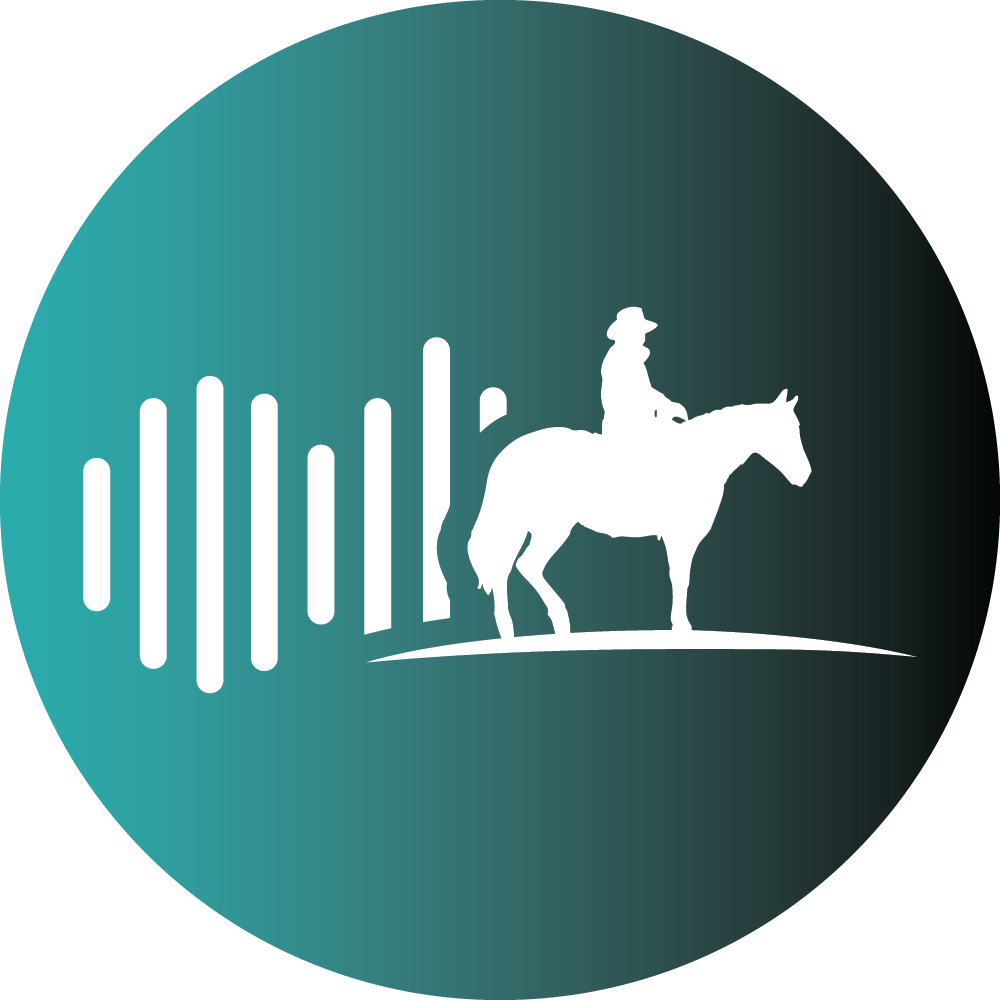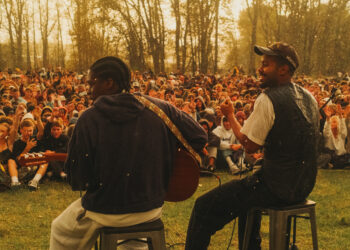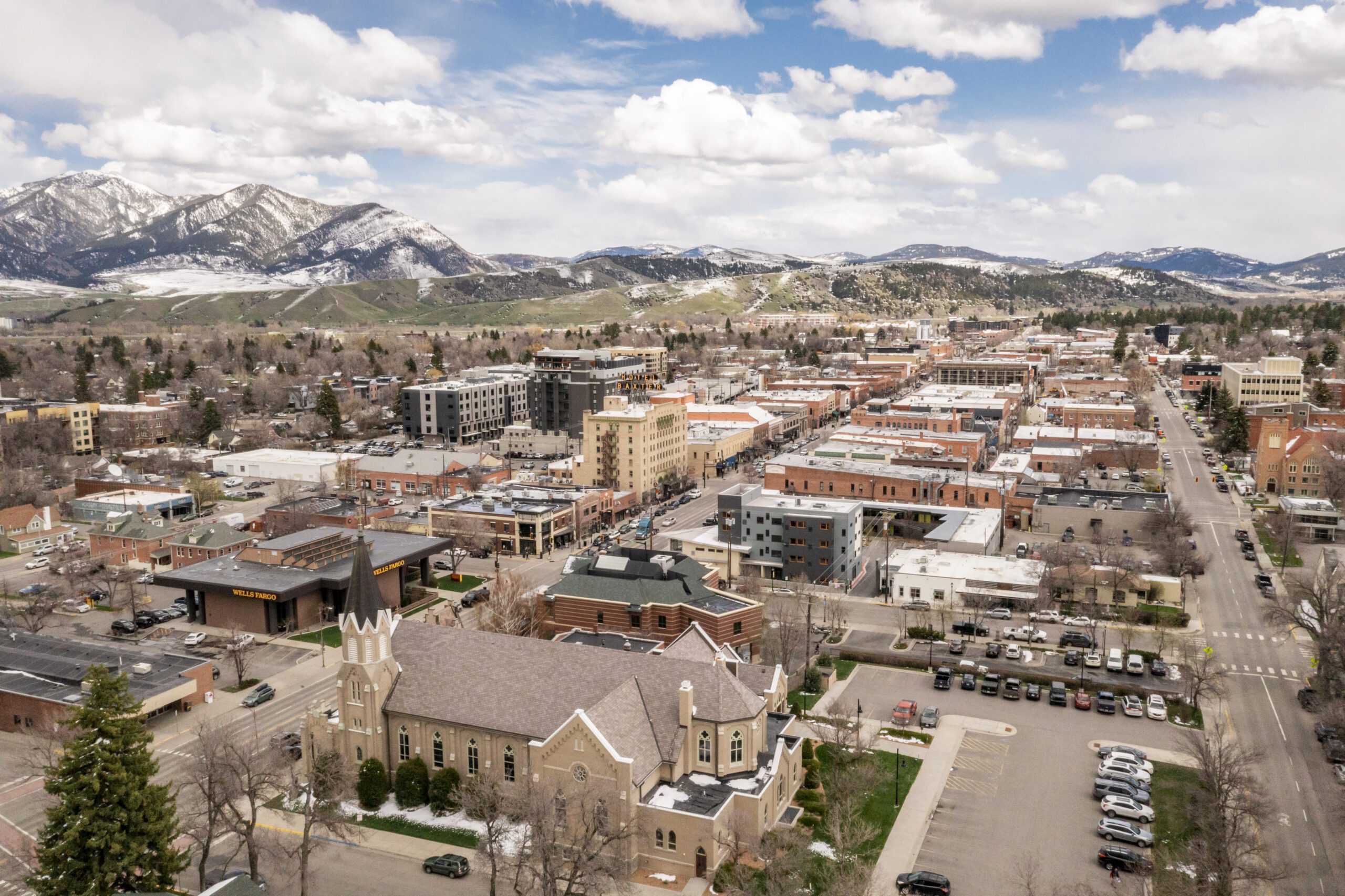By Jeneé Daws EBS Contributor
As an equine veterinarian and Midwestern transplant to Montana, I wasn’t sure what to expect when I arrived in the Treasure State. Would I be working on cowboys’ horses that were facing off with bears to protect the cattle herd? Would I be called into the mountains to rescue a downed horse in the woods?
Although I’ve fashioned a sling to lift a draft horse with a front loader, and sutured wounds to animals sustained after escaping a grizzly bear-raided camp, these dramatic calls are generally rare.
The two most common emergency calls equine veterinarians see in Montana are lacerations and colic. Since the state is full of wide-open spaces, the only realistic fencing for many horse and cattle populations is wire – either smooth or barbed.
You would think that with miles of pasture to graze, horses would be able to steer clear of wire, but we’re called upon to repair wire cuts on a nearly daily basis.
If the wound is found shortly after it happens, we’re usually able to suture and bandage it. This best-cast scenario provides the shortest period of healing and the best cosmetic outcome. If the wound is older, contaminated or grossly swollen, we may let the tissue close on its own.
We use several therapies to aid healing, including platelet-rich plasma (PRP) and A-cell. PRP therapy requires drawing blood from the patient and then concentrating the platelets before reapplying them to the wound, which provides a framework for healing.
A-cell is the application of an amniotic membrane to the wound, and again it provides a tissue bed to help the wound heal faster. Depending on the location and severity of the wound, many horses require antibiotics, anti-inflammatories and pain medication as well.
Colic is the equine medical term for abdominal discomfort, or put simply, a bellyache. A common misconception is that colic means the gut is twisted, which is just one of many kinds. It most often refers to gastrointestinal pain, but colic can also be pain caused by any abdominal problem, such as liver or kidney disease.
A large number of problems can lead to colic of gastrointestinal origin, including dehydration, parasites, change in diet, gas accumulation, grain overload, sand ingestion, and poor dentition, among others.
The majority of colic cases resolve on their own, however if you happen to find your horse acting colicky – pawing, kicking at his belly, watching his flank, getting up and down, sweating or rolling – call your veterinarian to determine if the horse should be seen. The vet will perform physical and rectal exams, and pass a stomach tube in order to determine the cause of colic.
In some cases, horses need further diagnostics including blood work, ultrasound or taking a sample of the abdominal fluid to identify the problem and prognosis. Therapy may range from simple pain medication to hospitalizing the horse for fluid therapy and, in rare cases, abdominal surgery.
Sound management can prevent some of the most common health problems. Knowing your horse well and being able to identify unordinary behaviors is a huge asset. Be sure horses always have access to fresh, clean water and design a feeding plan with your veterinarian to reduce the risk of colic. Periodically inspect fencing to maintain safe pasture.
Montana is a great place to enjoy horses. By becoming educated on how to care for them and safely ride in the backcountry, many visitors and residents will see some amazing country from a great vantage point in the saddle. Develop a relationship with your veterinarian so you know what to look for, and can be prepared for the unexpected during a ride. Happy trails!
Jeneé Daws earned her doctorate in veterinary medicine from Michigan State University in 2012 and her certificate of veterinary medical acupuncture in 2014. She has been living in Bozeman and working at All West Veterinary Hospital for the past two years.













